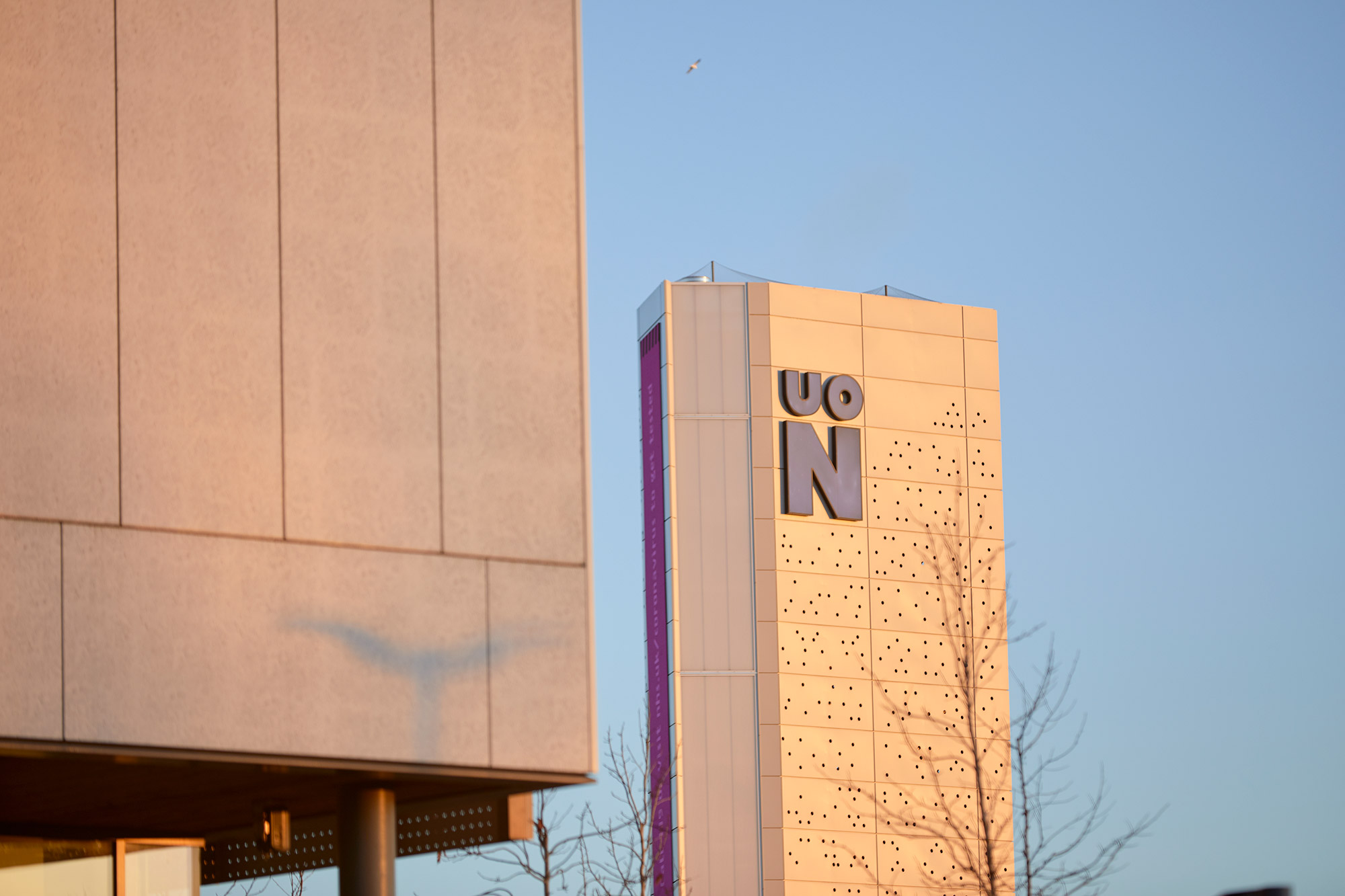Welcome news: Extra school places for SENI children
Date 2.02.2023
2.02.2023
Tereza Aidonopoulou, Nicola Preston and Brenna Farrow from our Special Educational Needs and Inclusion (SENI) Team write about plans for a new school in Northampton that will have an extra 50 places for SENI children.
The plan to build a new school in Northamptonshire providing an additional 50 places for students with Special Educational Needs including autism will be welcome news for our local families who are struggling to identify educational settings that will meet their children’s needs.
The prevalence of children with a diagnosis of autism is high compared to other areas of need, and Northamptonshire is no different to any other county in the UK with projected numbers of children with autism increasing by as much as 40% over the next three years. Available numbers state the prevalence of autism is just under 10,000 in Northamptonshire.
It is timely to approach the increase in the numbers of children with autism by providing specialist places and is in line with the county’s Autism Strategy and the National strategy for autistic children, young people and adults: 2021-2026. The University of Northampton is working closely with West and North Northamptonshire Local Authorities to support more effective and earlier identification of autism and all special educational needs to ensure that specialist provision goes to the right young people at the right time. Improving autistic children’s access to education is key, so providing the right environment requires additional resources to make education equitable.
Offering appropriate school provision is a basic human right, and links between mainstream schools and special provisions have the potential to enable all children to understand those with additional learning needs as well as providing opportunities to learn essential life skills including good communication and interaction.
A comprehensive programme that involves both a safe space and exposure to different contexts will offer students and their families opportunities to develop academic and social skills without increasing anxiety and mental illness, which is often prevalent in autistic children.
Nationally, the number of exclusions is continuing to rise with 7,720 pupils being reported as permanently excluded in 2016-2017. A considerable percentage of these exclusions have to do with challenging behaviours often associated with poor social communication and interaction skills which are more prevalent in autistic students. Research confirms that a lack of early identification of need leads to poor outcomes for these young people.
The Equality Act (2010) underlines that schools should not discriminate against students based on their disability, but the exemption around ‘tendency to physical abuse’ is one that has allowed schools to discriminate against autistic pupils who often have sensory-overload related meltdowns. With no alternative options, these students are sometimes home-schooled, something that exacerbates their social difficulties and puts them in a considerable disadvantage when it comes to developing their social skills.
Employing highly skilled staff in the new school will be of paramount importance to provide the necessary support for these children and their families. Furthermore, staff must have opportunities to develop their knowledge and practice through a comprehensive programme of Continuous Professional Development (CPD).
The University of Northampton already works closely with the Teaching School Hub, a range of SEND partners and partnership schools to support Initial Teacher Training, Special Educational Needs Coordinators mandatory training, the training of support staff and SEND and inclusion professionals.
We look forward to the continued partnerships with the new school and supporting the professionals who provide positive outcomes for children and young people in Northamptonshire.